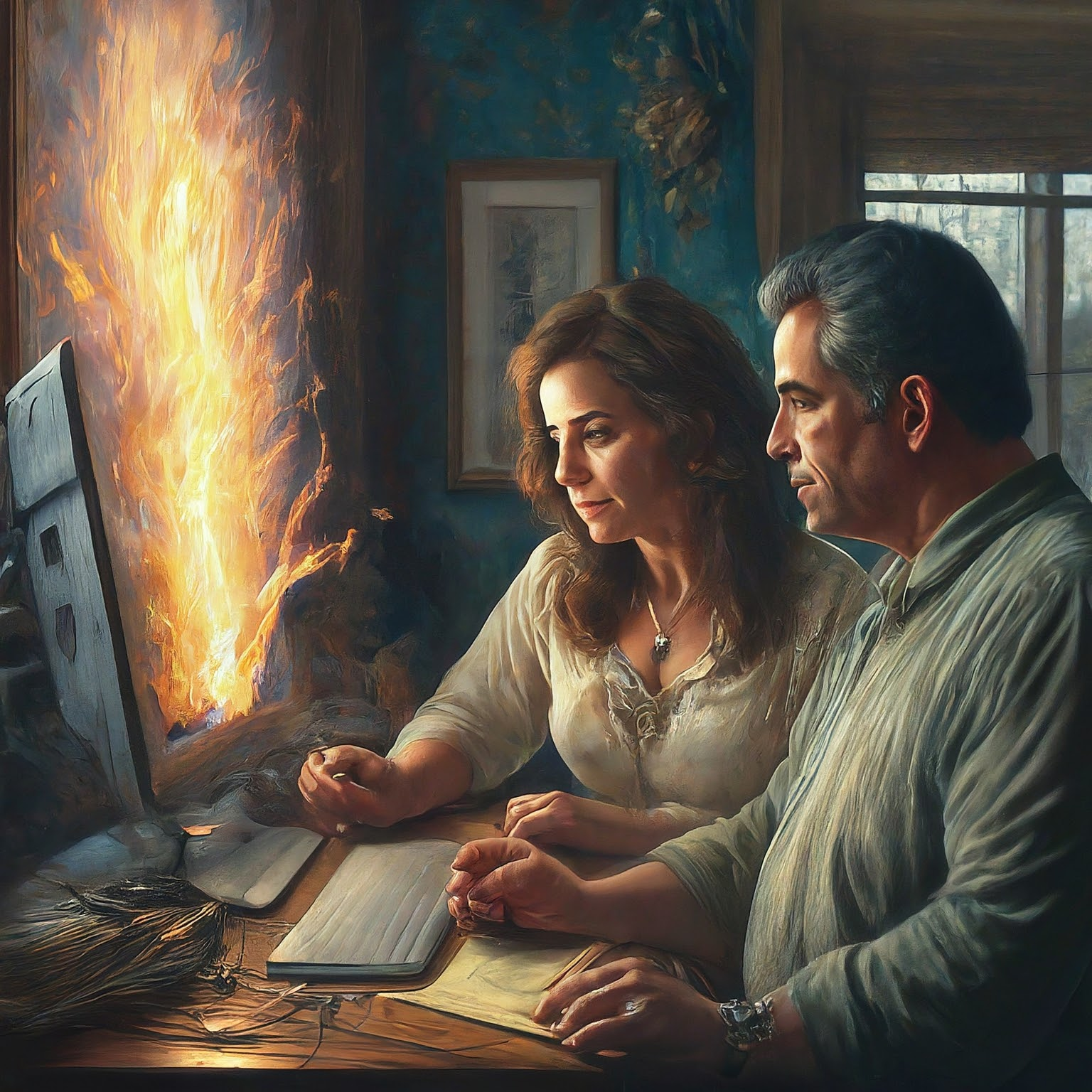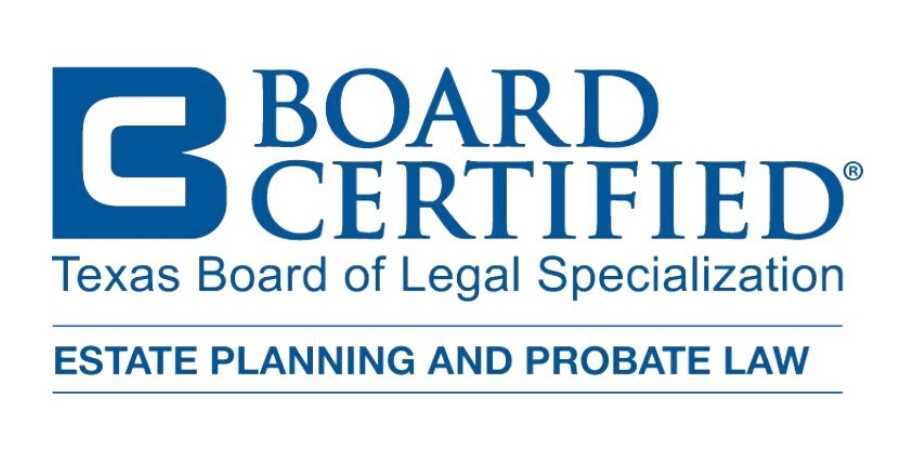6 Do-It-Yourself Disasters to Avoid
When doing it yourself may not be the answer

A good estate plan is a tremendous gift to your loved ones and to yourself. It will ensure your assets pass to the people you want to benefit and to the causes and organizations that matter to you. It can minimize probate costs, reduce taxes, and insulate inheritances from creditors. It can provide a succession plan for a family business. It can protect you if you are incapacitated, ease the emotional burdens on your family, and give you great peace of mind. In contrast, lack of an estate plan or an ill-conceived estate plan may mean that taxes and fees eat deeply into your estate, probate drags on, the wrong people inherit, and your family suffers turmoil. Many families have been destroyed by bickering over what a departed loved one would have wanted when he or she left no estate plan or a defective one. Of course, you can go online and find a template that may or may not suit your needs, and to tell you the truth, we fix a lot of DIY estate plans, but I highly advise against going at this alone. Today, I want to share with you six “Do It Yourself Disasters” that you should steer clear of when creating your estate plan.
#1. RELYING ON A HANDWRITTEN WILL OR LETTER EXPRESSING YOUR WISHES.
Sometimes people leave a handwritten will or letter to their loved ones expressing their intentions for the disposition of their estate. Some jurisdictions accept handwritten wills (called holographic wills) for probate even though they are not properly witnessed, but not all do. If you live in a jurisdiction that does not, your handwritten document will have no effect on the disposition of your estate.
Handwritten wills, even where legal, are more likely to provoke contests and be denied probate than typed or printed wills because they often have flaws that raise questions about their authenticity and validity. For example, they may be unsigned or signed “Bob,” ”Dad,” or “Grandma” rather than with the testator’s full name; they may not be dated; they may not clearly state that they are intended to be wills; they may have strike outs, insertions, and other obvious alterations creating ambiguity or even raising the possibility of forgery.
#2. DRAFTING YOUR OWN WILL.
Regardless of whether a will is handwritten, typed, or prepared with a preprinted form, self-drafted wills are notorious for mistakes. Some common problems include:
Making a gift of one or more specific assets to a particular person without considering what will happen to that person’s inheritance if you no longer own the asset when you die. As a general rule, if your will attempts to give away an asset you no longer own, the gift lapses and the beneficiary isn’t provided with an alternative gift. However, the result may depend on how a court in your state would interpret the language of your will. For example, suppose you leave your home, which you describe in your will by its street address, to your daughter. At the time of your death, you have a different home at a different address. Does your daughter get nothing, or does she get your current home? There is a correct way to provide either option. Your estate planning attorney will know how to word your gift of a specific asset to account for your wishes should you no longer own the asset when you die.
Not providing alternative beneficiaries who would take if the first named person predeceases you. In this case, do you want the deceased beneficiary’s gift to go to his or her heirs or to someone else? For example, suppose you provide that your estate is to be shared equally between your two children. If one of your children predeceases you, do you want your deceased child’s share to go to your other child or do you want it to go to your deceased child’s children (your grandchildren)? If your deceased child has two children, do you want them each to take a quarter of your estate with your surviving child receiving half or do you want your two grandchildren and your surviving child to each get a third of your estate? An estate planning attorney will discuss these issues with you and include the appropriate language in your will to ensure your wishes will be carried out.
Failing to provide for what should happen to property in your estate that you have not specifically mentioned in your will. The property could be omitted through oversight; it could have been acquired after the will was drafted; or its intended beneficiary could have predeceased you and you did not name an alternate. The solution is to include a residuary clause in your will. A residuary clause is a provision in a will that disposes of any property in your probate estate that is not disposed of by other provisions in your will. Your will needs a residuary clause even if you think you have dealt with all your property. If you omit a residuary clause from your will, any assets in your estate that have not been disposed of will pass to your heirs pursuant to the laws of intestacy just as though you did not have a will.
Failing to provide for the possibility that you may have more children after executing your will. States have laws designed to protect children born after a will is executed from being unintentionally disinherited. These laws vary and are not guarantee. The safest approach to ensuring an after born child gets a share of your estate is to update your estate plan after the birth. To guard against the possibility that, for whatever reason, you neglect to update your estate plan, you can include language in your estate planning documents to the effect that you intend for any children born to or adopted by you after the date you execute your will to share in your estate to the same extent as your other children.
#3. RELYING ON A WILL OR TRUST KIT YOU PURCHASED AT A STORE OR ON THE INTERNET.
There are a lot of do-it-yourself options when it comes to drafting estate planning documents, including a will. Most of these do-it-yourself options are internet-based companies that advertise full completion of your documents by just filling out some online fields. Others offer kits where you complete your will on forms. However, writing your own will and/or estate plan is not a good idea. Unfortunately, estate planning is not a one size fits all model. Just as everyone’s fingerprints are different, so are everyone’s estate planning needs. What will work for you and your family will most likely be different from what will work for your brother, parents, co-worker, or friend.
These do-it-yourself forms, whether found in books or online, are generated by estate planning computer soft- ware that is designed to cover only the most basic of estate planning needs. These forms also deliberately keep it as simple as possible in order to comply with the laws of all 50 states and the District of Columbia. Each of these print and online resources comes with a disclaimer, “The information contained in this book/program is not legal advice and is not a substitute for legal advice. For legal advice, consult with an attorney.” The reality is that even books and programs about estate planning recommend that you seek the expertise of an experienced estate planning attorney.
#4. ATTEMPTING TO DISPOSE OF PROPERTY IN YOUR WILL THAT IS NOT PART OF YOUR ESTATE.
If you own property (e.g., real estate or bank accounts) in joint tenancy with right of survivorship, on your death, your interest in the property belongs to the surviving co-owner. You cannot pass your interest to anyone else in your will. Any attempt to do so is void. If you don’t want your co-owner to succeed to your interest, you will have to take steps to sever the joint tenancy while you are still alive. Similarly, you cannot dispose of property in your will that passes by beneficiary designation.
#5. NOT EXECUTING YOUR ESTATE PLANNING DOCUMENTS WITH THE LEGALLY REQUIRED FORMALITIES.
Even if you have professionally prepared estate planning documents, all your planning can be for nothing if the documents are not executed correctly. A document that is improperly executed is not valid.
Each state has its own requirements, but in most states, a will must be written and show the testator’s intent to make a will; the testator must have testamentary capacity; the will must be signed by the testator in the presence of two witness who watch the testator sign the will and then sign it themselves. The witnesses must also be disinterested parties, which means they are not beneficiaries under the will.
Other estate planning documents require similar execution procedures. For example, financial powers of attorney typically have to be signed and notarized and living wills and medical powers of attorney typically have to be signed before two witnesses or a notary.
Many estate planning attorneys offer to hold a signing ceremony at their offices so that they can supervise the execution of the documents. It’s a good idea to take advantage of this opportunity.
#6. ATTEMPTING TO REVISE OR AMEND YOUR ESTATE PLANNING DOCUMENTS YOURSELF.
For the same reasons that you should hire a qualified estate planning attorney to draft your initial estate plan, you should also hire a qualified estate planning attorney to revise or amend your estate plan. There are rules about how documents can be revised. Often the best procedure is to revoke the old document and replace it with a completely new updated one. If revisions are done improperly, your efforts to update your documents can invalidate not only the changes you wish to make, but even the original document.
For example, people often try to make changes to their wills by crossing out provisions they no longer want and handwriting in their changes. You should never attempt to amend your will this way. After you make the handwritten changes, the will would need to be re-executed in front of witnesses, which rarely happens. The net effect may be that the deletions are valid (because you can revoke a will by defacing it), but the additions are not, so you end up with no will or a will that you never intended to make.
You play a crucial role in developing a good estate plan. You have to take the initiative to find the right estate planning professional to work with. And you need to be engaged in the planning process every step of the way. One of the most important things you can do is educate yourself. Although you do not need to understand all the technicalities involved in estate planning, you need a basic understanding of what can be achieved given the extent of your estate and the needs of your loved ones. Contact my office for more information, we would be happy to help.
CONTACT INFORMATION
























